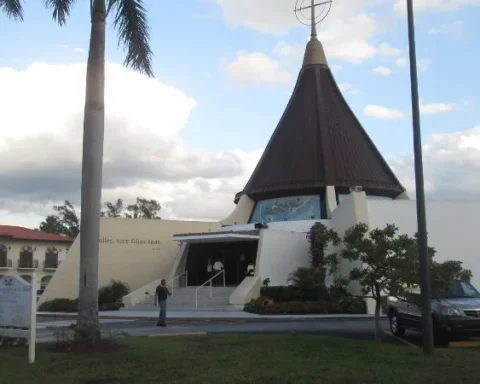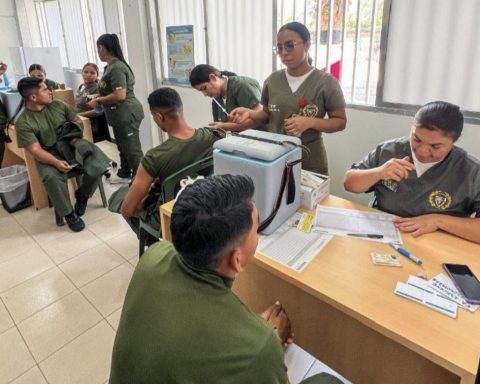The former minister of foreign affairs of the second government of Sebastián Piñera and current rector of the Autonomous University, Teodoro Ribera, warned in an opinion column published The Mercury of Valparaiso that the proposed new Constitution “affects Chilean sovereignty over Rapa Nui”.
Ribera specifically refers to article 238 where the constituents raise the “Wills Agreement” to constitutional status, which was signed in 1888 by the Chilean frigate captain Policarpo and the Rapanui king Atamu Tekena. The latter accepted, on behalf of the Rapanuí community, Chile’s sovereignty over the territory, but made it conditional on Chile retaining ownership of the land.
The paragraph of the constitutional proposal indicates that “in the special territory of Rapa Nui, the State guarantees the right to self-determination and autonomy of the Rapa Nui Polynesian nation people, ensuring the means to finance and promote their development, protection and well-being under of the Agreement of Wills signed in 1888, by which Chile is incorporated. The collective ownership of the rights over the territory of the Rapa Nui people is recognized, with the exception of the individual land rights of its members. The Rapa Nui territory will be regulated by a statute of autonomy”.
According to the former foreign minister, the article “opens the door for it to be sustained that the incorporation of Rapa Nui into Chile is conditional on certain circumstances or contributions, which this “Polynesian people or nation” may consider insufficient, claiming that Chile has not fulfilled its obligations.” .
“This would also facilitate recourse to the UN decolonization agencies, with the implications that this entails, reducing our ability to influence a megaspace in which the ambitious agendas of great powers converge and whose destiny will directly affect the sea of Chilean heritage. “, he added.


















